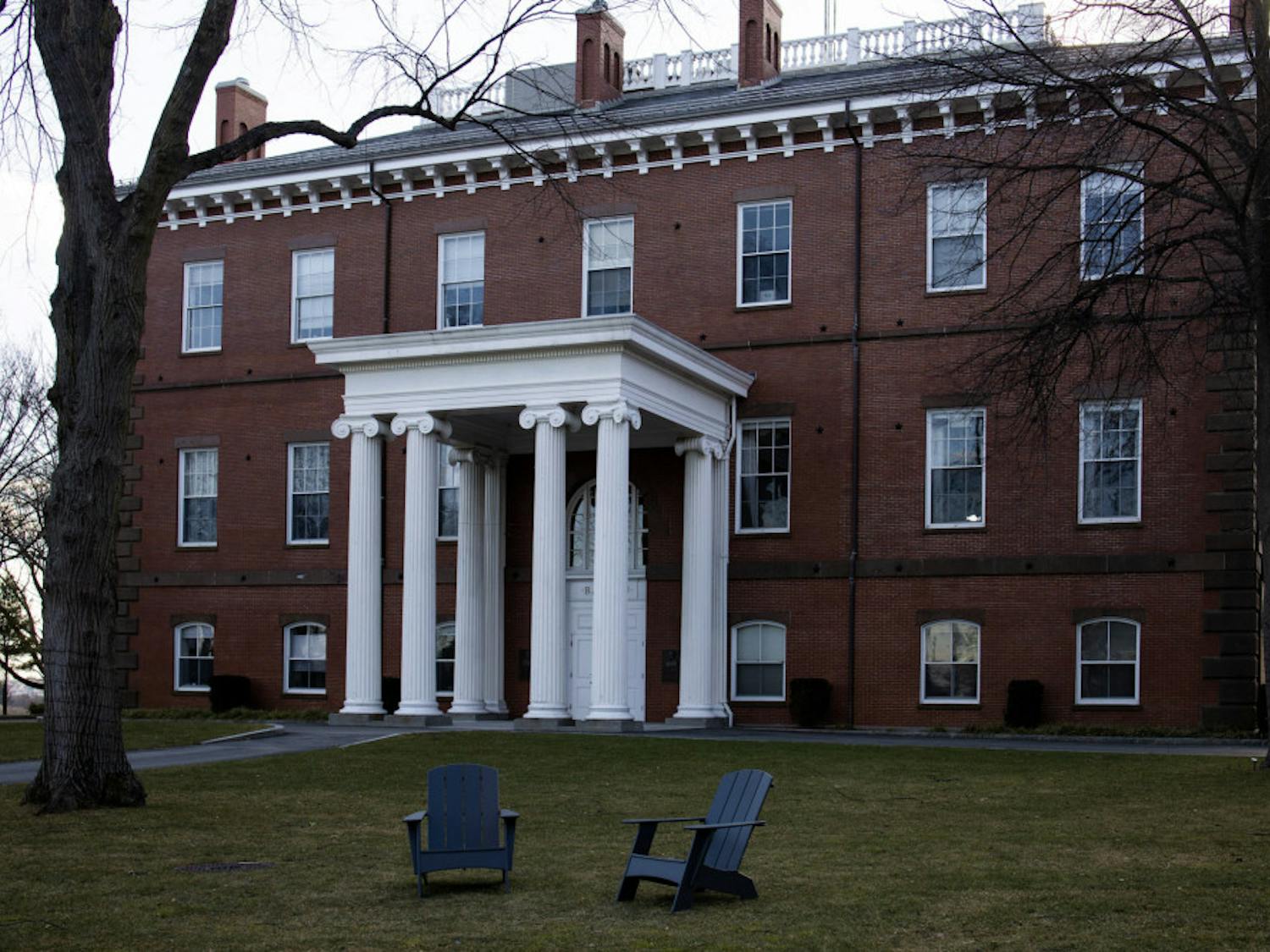Tufts economics professor marries economics with social justice, receives presidential award
By Guillem Colom | January 28On Jan. 14, outgoing President Joseph Biden bestowed the Presidential Early Career Award for Scientists and Engineers (PECASE) to approximately 400 scientists and engineers. PECASE is the highest accolade granted by the U.S. government on scientists and engineers beginning their independent careers.






